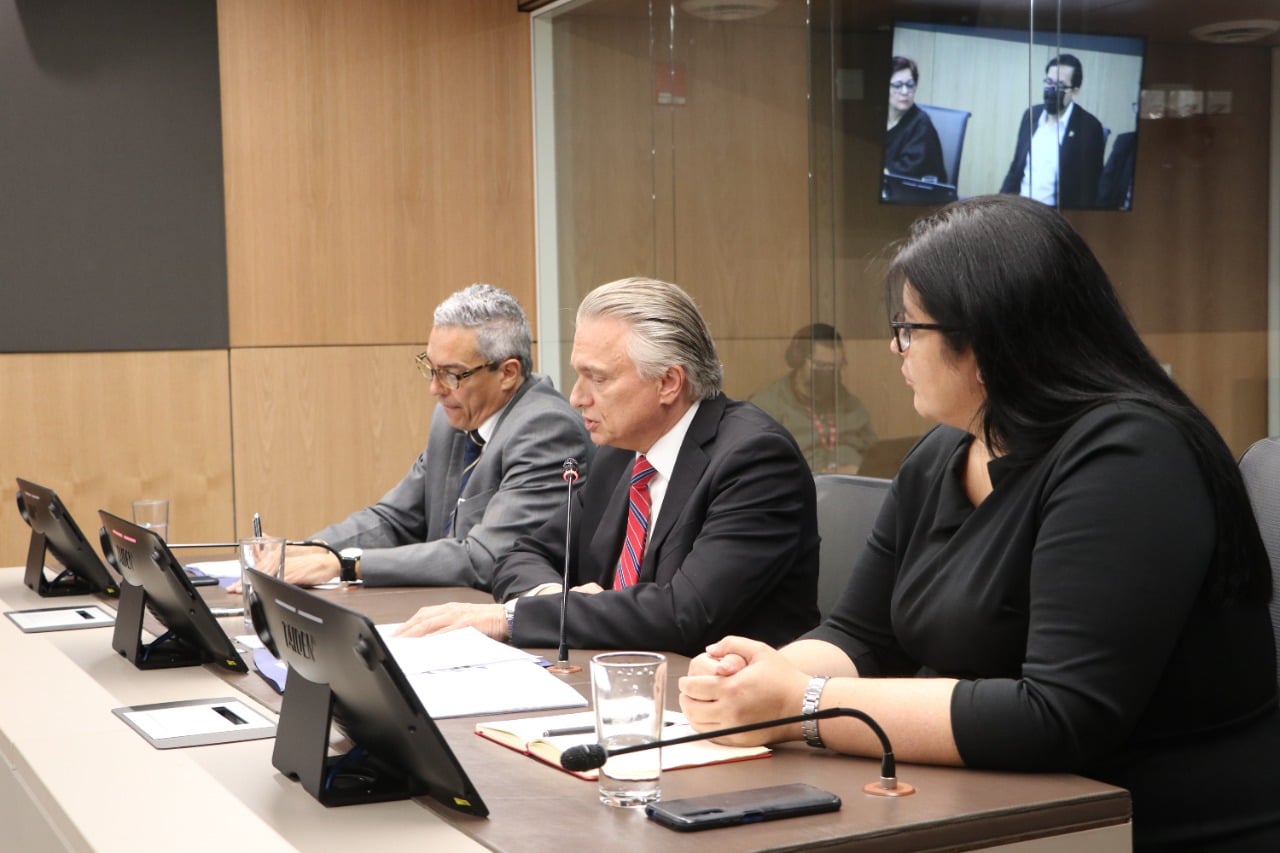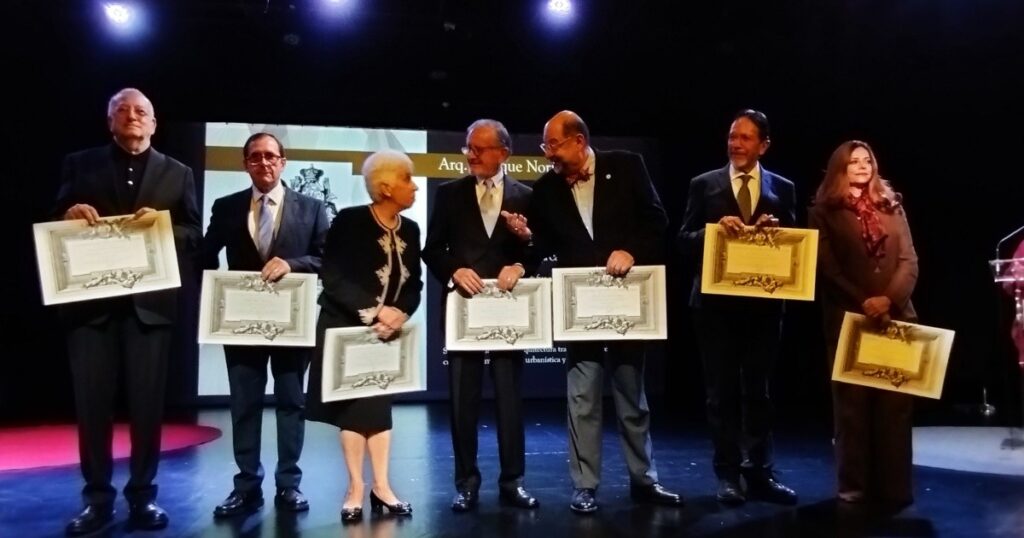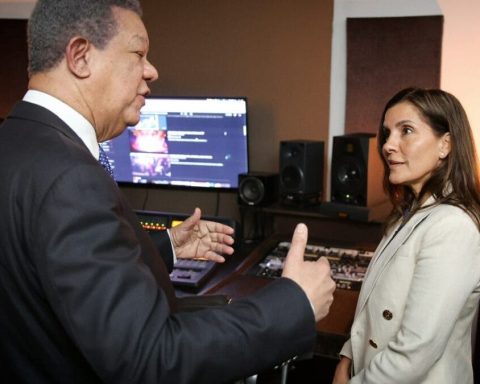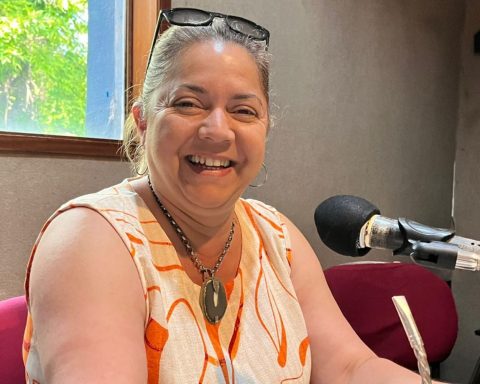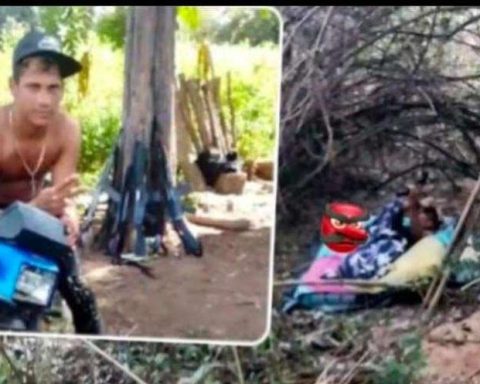The Costa Rican Minister of Foreign Affairs and Worship, Arnoldo André Tinoco, assured that he will continue to support the nomination of Werner Vargas, candidate of the Daniel Ortega regime, to occupy the position of Secretary General of the Central American Integration System (SICA), he said in an interview published by the Costa Rican newspaper, La Nación.
He assured that he had two telephone conversations with the Nicaraguan Foreign Minister, Denis Moncada and they are preparing the regularization of SICA. Contrary to the previous list of candidates presented by Nicaragua to elect a secretary general, rejected by the seven foreign ministers that make up the System, on this occasion, the representatives of the countries assured that the candidate of the regime, “is a politician who can lead the System well, since he was executive director from 2014 to 2020, under the general secretary of Vinicio Cerezo and knows the System well.”
“I adhered to that recommendation of the other seven foreign ministers. That is a recommendation that the foreign ministers make to the meeting of presidents, the one that finally elects the secretary general. That meeting of presidents is pending. It will be convened for August and it will be up to the presidents to elect the secretary general of SICA,” the Costa Rican foreign minister told La Nación.
It is necessary to elect a secretary of SICA
The rejection expressed in June by eight former presidents of Costa Rica to the decision of President Rodrigo Chaves to support the candidacy of the Ortega regime, considering it “incongruous” with the values that Costa Rica defends and promotes – the defense of democracy, the promotion, protection and respect of human rights and others – neither changed the decision of the Government of President Chaves.
His foreign minister expressed that although the former presidents argue that “Nicaragua has violated the same founding principles of the System, which is development in democracy and freedom. And therefore, they say, that authorizes ignoring the presidential agreements of 13 and 17 and deprives Nicaragua of legitimacy to appoint a secretary general”, they do not “offer a solution on how to advance in the integration system”.
He added that the lack of appointment of a secretary general prevents at this time that 153 million dollars of international cooperation flow to our countries. Although, the undersecretaries function to the extent that they do not require the secretary’s signature to receive cooperation, he added.
He pointed out that as a result of the letter from the former presidents, he held international consultations with the cooperating countries and the observer countries of the system.
“Everyone, absolutely everyone, has told me that it is up to the countries to scrutinize the decision that corresponds according to the regulations and that they are going to respect the decision of the member countries of the System and that they do not see a danger for international cooperation that a Nicaraguan take that position. “Then. the recommendation of the eight chancellors of the system is maintained towards the presidents”, he told La Nación.
On June 23, the foreign ministers of Central America reached a consensus to elect the Nicaraguan Werner Vargas as the new SICA Secretary General, putting an end to the one-year impasse caused by the repeated attempts of the Ortega and Murillo regime to place political cards without regional diplomatic experience.
The consensus on Vargas’s candidacy was reached in a virtual meeting of Central American foreign ministers, in which the situation of the impasse in SICA was addressed. A statement from the Costa Rican Ministry of Foreign Affairs reported that during the virtual meeting of foreign ministers, it was agreed to support Vargas’s candidacy and that it only remained for it to be endorsed by the presidents grouped in SICA.
The appointment of the Secretary General of SICA must be made every four years on a rotating basis and, in correspondence with the agreed rotation, Nicaragua was responsible for assuming the Secretary General for the period 2021-2025.
On the specific question if Nicaragua had legitimacy to be part of the SICA, the Costa Rican foreign minister replied that “we would have to ask if there is a procedure for the separation of a country from the System and it does not exist.”
“The lack of appointment of the secretary general means the collapse of the entire system, of all health, tourism, economic, customs, civil aviation, monetary cooperation agencies. It would be like a “CR Exit”, “Crexit”; we are doing that analysis”, but he clarified that it was part of an “academic exercise to demonstrate the difficulty and the negative impact that this would have on the economy”, he pointed out.
pragmatic diplomacy
The Costa Rican foreign minister assured that they maintain a “relationship of pragmatic, real diplomacy” with Nicaragua, highlighting the technical, adequate and fluid bilateral relationship on issues of border work, migration, phytosanitary control, and the fight against drug trafficking. However, he did not clarify whether they will continue to denounce human rights violations in Nicaragua, as the Administration of President Carlos Alvarado had done.
“At the multilateral level, before the OAS and the UN, well, we have sponsored the resolutions that condemn the violation of human rights in that nation,” he said.
“At the diplomatic level, we maintain diplomatic relations with a charge d’affaires in Managua. Nicaragua recently withdrew its ambassador from San José, Mr. Duilio Hernández, who was there for about five years, and in his place appointed a chargé d’affaires. We interpret that as an act of reciprocity.”
CR will not recognize the regime of Nicolás Maduro
The foreign minister confirmed that Costa Rica “has not considered at this time” to recognize the regime of Nicolás Maduro. Currently, the country is one of a group of 50 countries that recognize the government of opposition leader Juan Guaidó.
“It is a unique situation in the history of international law. It is a situation that will not last much longer. No, no, it doesn’t sound logical for someone to say that, 20 years from now, I still recognize Juan Guaidó. Well, according to international law, a government is the one that exercises power over a population in a territory. So, there are principles that collide in that situation and we are interested in acting, ”he declared.
“Costa Rica is interested in acting within the OAS and so we believe that it will be within the OAS that the corresponding resolutions can be given. So, we are going to give that time, ”he specified.
